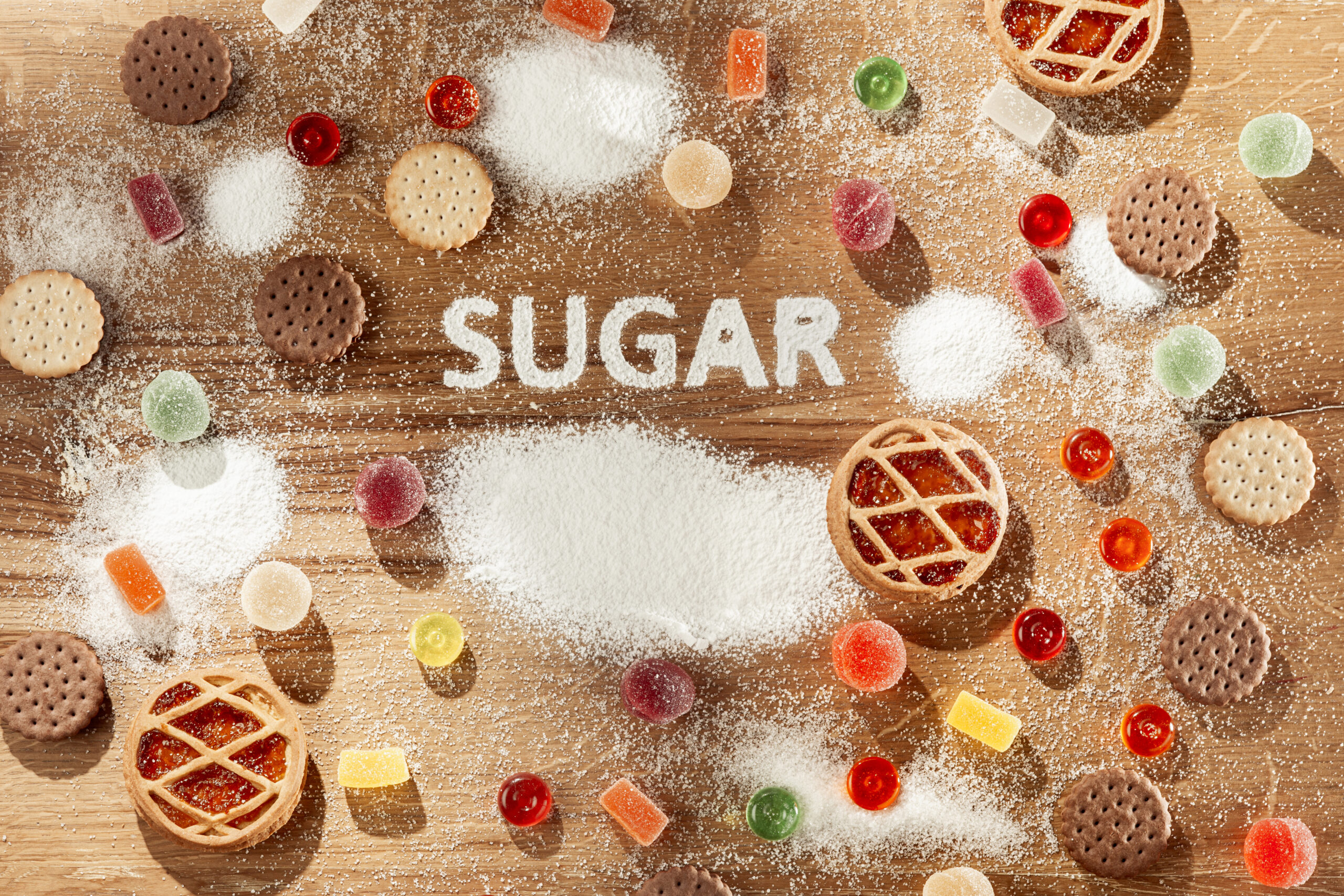Beware! Hidden Sugars in Foods: Protecting Your Diet from Sneaky Sweeteners
Sugar. It’s everywhere. From the obvious culprits like candy and pastries to seemingly healthy choices like yogurt and salad dressings, hidden sugars in foods can sabotage your diet and wreak havoc on your health. Understanding these sneaky sweeteners and making informed choices is crucial for maintaining a healthy lifestyle.
Why Hidden Sugars Matter

While moderate amounts of natural sugars found in fruits and dairy products are part of a balanced diet, the excessive consumption of added sugars poses significant health risks. Hidden sugars in foods contribute to:
- Weight Gain and Obesity: Added sugars are high in calories but offer minimal nutrients. Consuming excessive amounts can lead to weight gain and increase your risk of obesity.
- Type 2 Diabetes: A high intake of added sugars can impair insulin sensitivity, a key factor in regulating blood sugar levels. Over time, this can contribute to the development of type 2 diabetes.
- Heart Disease: Excess sugar consumption can raise unhealthy blood fats (triglycerides) and increase inflammation, both risk factors for heart disease.
- Fatty Liver Disease: High sugar intake can promote the accumulation of fat in the liver, leading to nonalcoholic fatty liver disease.
- Dental Problems: Sugary foods create an acidic environment in the mouth, promoting tooth decay and gum disease.
Deceptive Labels and Sneaky Sweeteners
The challenge lies in identifying hidden sugars in foods. Food labels often use misleading terms that don’t scream “sugar.” Here’s a breakdown of some common aliases for added sugars:
- High Fructose Corn Syrup (HFCS): A concentrated sweetener derived from corn starch, often used in processed foods and beverages.
- Sucrose: Table sugar, a combination of glucose and fructose.
- Dextrose: A simple sugar derived from corn starch, often used in processed foods and baked goods.
- Maltose: A sugar formed from the breakdown of starch, found in malt beverages and some processed foods.
- Agave Nectar: A natural sweetener derived from the agave plant, often marketed as a healthier alternative to sugar, but still high in fructose.
- Fruit Juice Concentrates: While containing some vitamins and minerals, fruit juice concentrates are concentrated sources of sugar.
Top Culprits of Hidden Sugars in Foods

Now that you know how hidden sugars in foods can disguise themselves, let’s explore some common food items where they lurk:
- Breakfast Cereals: Many seemingly healthy cereals are loaded with added sugars. Always check the nutrition label and opt for cereals with less than 5 grams of sugar per serving.
- Yogurt: While yogurt offers a good dose of calcium and protein, flavored yogurts can be packed with added sugars. Choose plain yogurt and sweeten it naturally with fruit or a drizzle of honey.
- Salad Dressings: Salad dressings can be major sources of hidden sugars. Opt for homemade dressings with olive oil, vinegar, and herbs, or choose low-sugar store-bought options.
- Condiments: Ketchup, barbecue sauce, and even some mustards can harbor surprisingly high amounts of added sugar. Check labels and choose low-sugar alternatives.
- Canned Soups and Sauces: Many canned soups and sauces are loaded with sodium and hidden sugars. Opt for lower-sodium options and consider making your own sauces from scratch whenever possible.
- Protein Bars: While marketed as a healthy snack, many protein bars are essentially candy bars in disguise. Read labels carefully and choose bars with minimal added sugars and high protein content.
- Sports Drinks: These beverages are designed for athletes replenishing electrolytes after intense exercise. For most people, they provide unnecessary calories and added sugars. Water is the best choice for hydration during most activities.
- Flavored Coffees and Teas: While a flavored coffee or tea can seem like a healthy pick-me-up, sugary syrups and flavored creamers can significantly increase the sugar content. Opt for black coffee or tea and sweeten it naturally with a small amount of honey or stevia if desired.
- Processed Meats: Lunch meats, hot dogs, and deli meats often contain hidden sugars to enhance flavor and preserve shelf life. Choose lean meats prepared without added sugars whenever possible.
- Diet and Low-Fat Foods: Don’t be fooled by the label! Some “diet” and “low-fat” products compensate for reduced fat content by adding hidden sugars in foods to improve palatability. Always read the nutrition label carefully.

